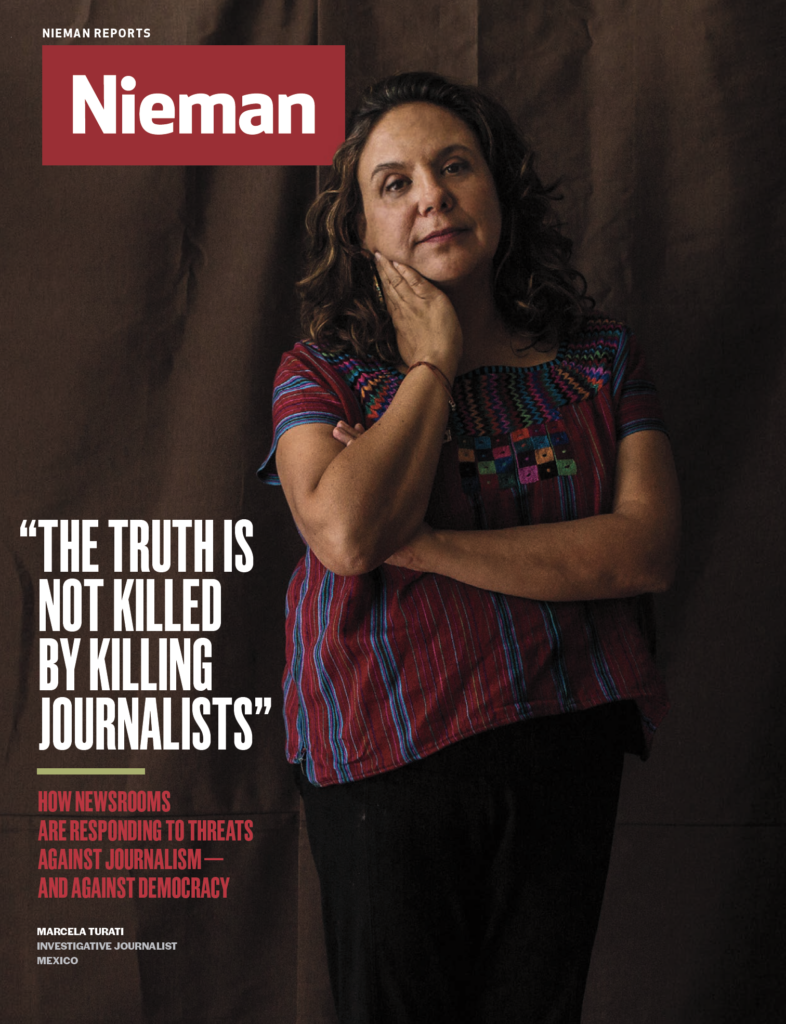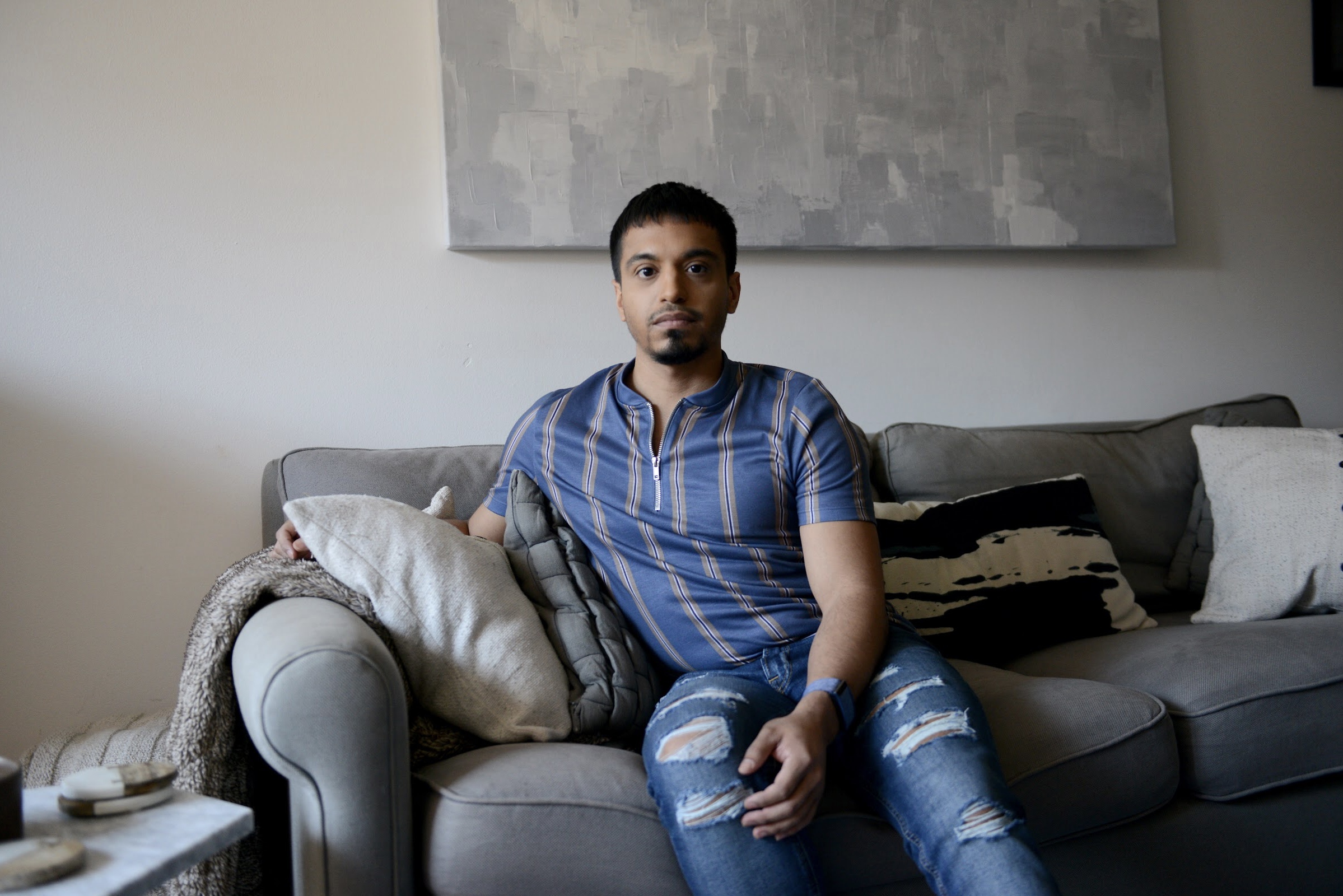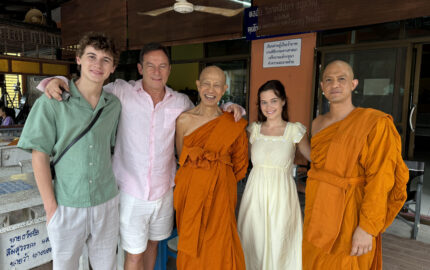
From Kashmir to Russia to Mexico and beyond, journalism is under threat. Reporters Without Borders estimates that nearly three-quarters of the 180 countries on its World Press Freedom Index either completely or partially block the work of newsrooms. The threats to journalists are physical, political and, especially under authoritarian regimes, increasingly existential. In our Reporting at Risk series,
Nieman Reports is publishing essays by journalists who are managing to do vital independent reporting — often at great personal risk.
Jenifer McKim, NF ’08, and Phillip Martin, NF ’98, detail their groundbreaking series, ‘Unseen’
We have reported on the dangerous and troubling world of sex trafficking for nearly two decades, writing about the domestic sex trafficking of minors and the commercial sexual exploitation of foreign workers in this country’s nail salons and massage parlors — two angles that focused on female victims.
But neither of us before had focused deeply on the plight of boys and young men in the dark and dangerous world of sex trafficking. Until now.
The problem is that there’s little data to show what’s really happening. But a source who had followed our work reached out to ask, repeatedly: What about the boys?
We decided to look into it. We started with that source, Boston-area social worker Steven Procopio, who has strived for more than a decade to put more focus on the world of trafficked males. Procopio has long maintained that the reality of exploited boys is even more underground than that of girls because of toxic masculinity, shame, and a destructive skepticism that boys can be victims at all. During our first interview, Procopio brought with him Christopher Bates, a 26-year-old survivor who bravely told us his story of living on his own as a teen, selling his body to survive.
We continued our inquiry for more than a year, talking to advocates, government officials, and researchers. We brought in Jenifer’s investigative journalism clinic at Boston University to increase our reach. We talked to researchers who found that more than a third of young people involved in the U.S. sex trade were boys and young men.
Most importantly, we talked to more than a dozen survivors who trusted us to tell their stories. They told us about selling their bodies to avoid homelessness and pay bills, their bodies seemingly their only currency in a world that abandoned them. We focused on how Black, brown, and LGBTQ youth are disproportionately affected. In the end we published a six-part series titled, “Unseen: The Boy Victims of the Sex Trade.”
In May, our series was recognized for three regional Edward R. Murrow awards, including in the investigative reporting category. We are hoping that this attention will further advance a focus on a vulnerable population that has long been overlooked.



